News
Six Women, Six Approaches to Sexual Violence
.jpg)
By Tiffany Murray-Robertson
Each April during Sexual Assault Awareness Month, communities across the country come together for a series of programs designed to bring visibility to the problem of sexual violence. At VCU this work is aided by the efforts and activities of numerous offices, faculty, students and staff.
This week, we examine the work of six women at the Wilder School—three faculty members, a Title IX administrator, a former victim’s advocate, and a research analyst from the Department of Juvenile Justice—each working in diverse ways to end the scourge of sexual violence.
In several instances, the women working on these important issues address one or more of three Virginia laws enacted in 2015 to combat campus sexual assault. Broadly, these laws:
- Compel all non-confidential employees of public colleges and universities to report sexual misconduct to Title IX personnel. This policy excludes health care professionals, professional counselors, campus victim support personnel, member or the clergy or attorneys;
- Compel Title IX offices to provide notification to both the local jurisdiction’s law enforcement agency and prosecutors’ offices in cases involving felony sexual assault; and
- Compel public colleges and universities to place a prominent notation on a student’s academic transcript if he or she has been suspended or dismissed for a campus sexual assault or withdrew from the school amid a sexual assault investigation.
Title IX, a comprehensive federal law that regulates how administrators must respond to allegations of sexual harassment and prohibits discrimination on the basis of sex at schools receiving federal funding, is also discussed.
Dhara Amin
 Dhara Amin, a 29-year-old doctoral candidate in the Wilder School’s public policy and administration program, remembers the period before Title IX became a political lightening rod.
Dhara Amin, a 29-year-old doctoral candidate in the Wilder School’s public policy and administration program, remembers the period before Title IX became a political lightening rod.
“No one was talking about this when I first began exploring” said Amin, whose research focuses on sexual victimization and perception.
“Outside the realm of scholars and Title IX officers, very few people understood the object of the policy and even fewer understood its implications. Schools were only talking about if they got caught,” she said.
That was after the 2011 ‘Dear Colleague letter’ which reinterpreted Title IX as giving the federal government authority to dictate the standards and procedures that colleges must use to adjudicate student-on-student sexual assault allegations and before 2014. That year, two high-profile cases involving allegations of rape and institutional mishandling at Virginia universities generated a firestorm of public outrage that signaled additional protections may be needed.
In Virginia, the legislature responded with a series of regulations designed to combat campus sexual assault. Mandated reporting, vehemently opposed by survivors and victims’ advocates, passed with unanimous approval in both houses of the Virginia General Assembly.
A lot has changed, however, in those four years. One of those high-profile allegations was famously discredited. Last September, key elements of the ‘Dear Colleague letter,’ which established a preponderance of evidence standard of proof for the adjudication of sexual misconduct claims, were rescinded and replaced with a higher standard of proof — known as ‘clear and convincing evidence.’
Still, much of upswell in the public’s awareness of this issue, as well as programming and investments in Title IX offices and personnel at universities across the country continue.
Amin’s dissertation which examines student’s knowledge, awareness and perceptions of Title IX policies and procedures in light of these changes could provide an important barometer on the success of Title IX and related interventions. She also hopes to gauge participant’s opinions regarding the repeal of the ‘Dear Colleague letter’ as well as the perceived efficacy of mandated reporting.
No matter where you fall on the side of Title IX, Amin believes student perceptions of the policy are paramount.
“At the end of the day, with any policy, practice or procedure, you need buy-in from the target population for the policy to be effective. Without that buy-in, it doesn’t matter how much time or resources are poured into the policy,” she said.
“By drilling down into students’ beliefs and better understanding what those beliefs are, maybe we will be able to tackle this issue in a bi-partisan way, rather than a political way.”
Sarah Jane Brubaker
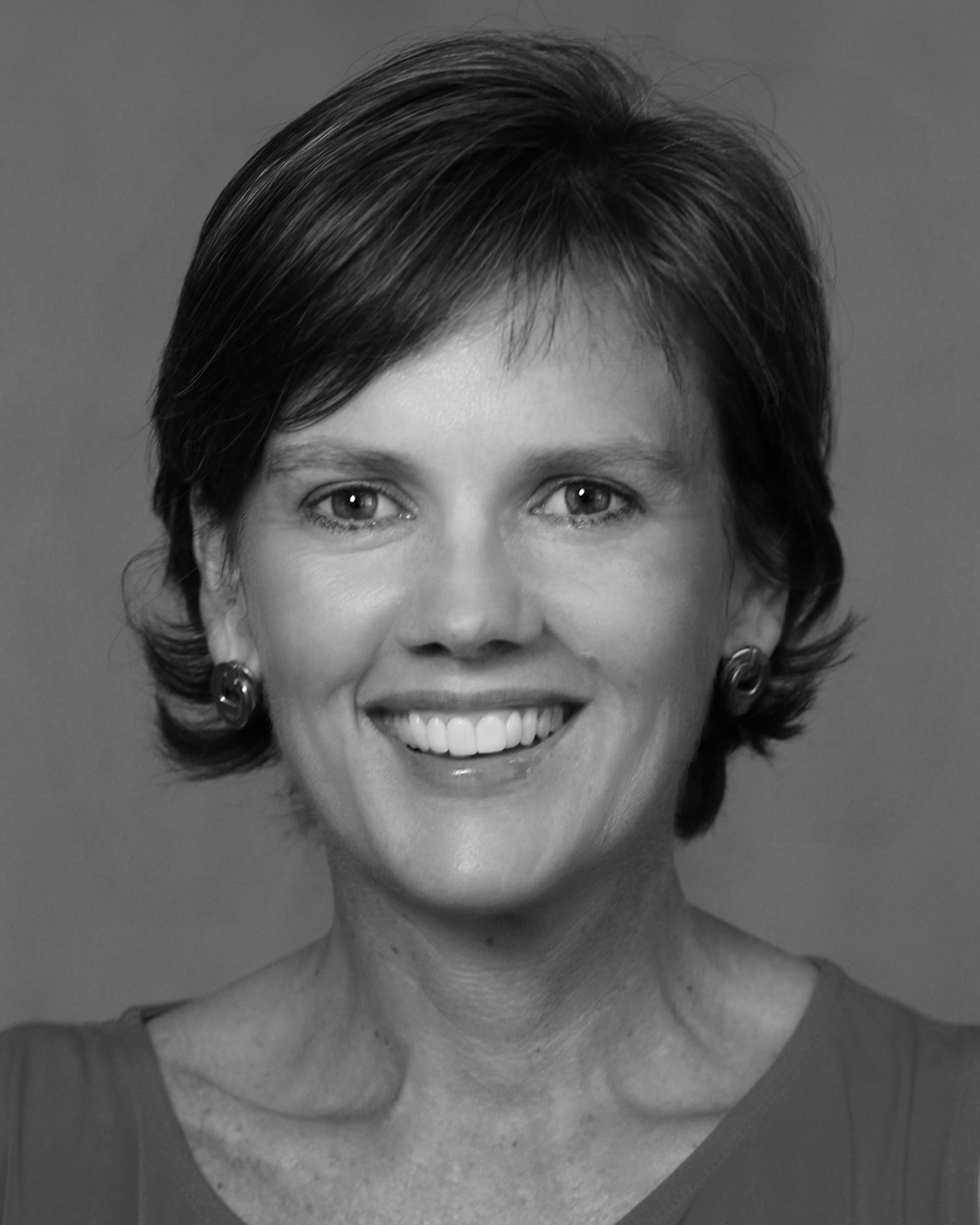
Sarah Jane Brubaker, Ph.D., is an associate professor of public policy and the founding director of the Certificate for Gender Violence Intervention, a program that provides training for community advocates who work in the area of sexual and domestic violence. Her research on understanding, responding to and preventing campus sexual violence does so from the perspective of victims and victims’ advocates.
A sociologist by training, Brubaker is concerned with identifying and contextualizing the barriers to sexual violence prevention and response. She said she was recruited into the work by a colleague whose research dovetailed with her own on the construction of gender. It was a connection that she describes now as inevitable.
“It’s almost impossible to talk about the social construction of gender without discussing gender violence because it’s so much a part of what we do,” said Brubaker.
“It’s in the way we socialize men around sexual conquests and domination and aggression, and the way we socialize women around being desired and pleasing men. In a heteronormative context, much of the way we construct our ideas around gender lend themselves to violence.”
Brubaker’s most recent scholarship involves two studies based on indepth interviews with campus-based advocates from around the country.
The first study is the subject of a forthcoming article in “Feminist Criminology” and explores advocates perceptions of the rewards and limitations of Title IX within the context of the Feminist Anti-Violence Movement of the 1970s.
Brubaker sees striking similarities between the movement—which criminalized violence against women and reframed sexual violence as a larger, public concern—and Title IX.
“The Feminist Anti-Violence Movement was a huge step forward in that it held perpetrators accountable and changed cultural norms. The problem with criminalization was that it was a narrow approach that worked well for white women who had economic resources and trusted the criminal justice system,” said Brubaker.
“This was less true for poor women and women of color who had fewer reasons to trust law enforcement. Both groups were suddenly forced to choose between being safe or placing a family member in jail.”
For Brubaker, the Feminist Anti-Violence Movement critique offers a useful for lens for understanding the limitations of Title IX as a vehicle for social change.
“Mandatory arrests, like mandatory reporting forced consequences that victims didn’t necessarily want,” she said.
Brubaker’s second study investigates the tension between the gendered-role of campus-based victims’ advocates and Title IX offices. The work will look at advocates’ perceptions and interactions with Title IX policies and administrators and examine disparities between resource allocation and compensation.
Amy Cook
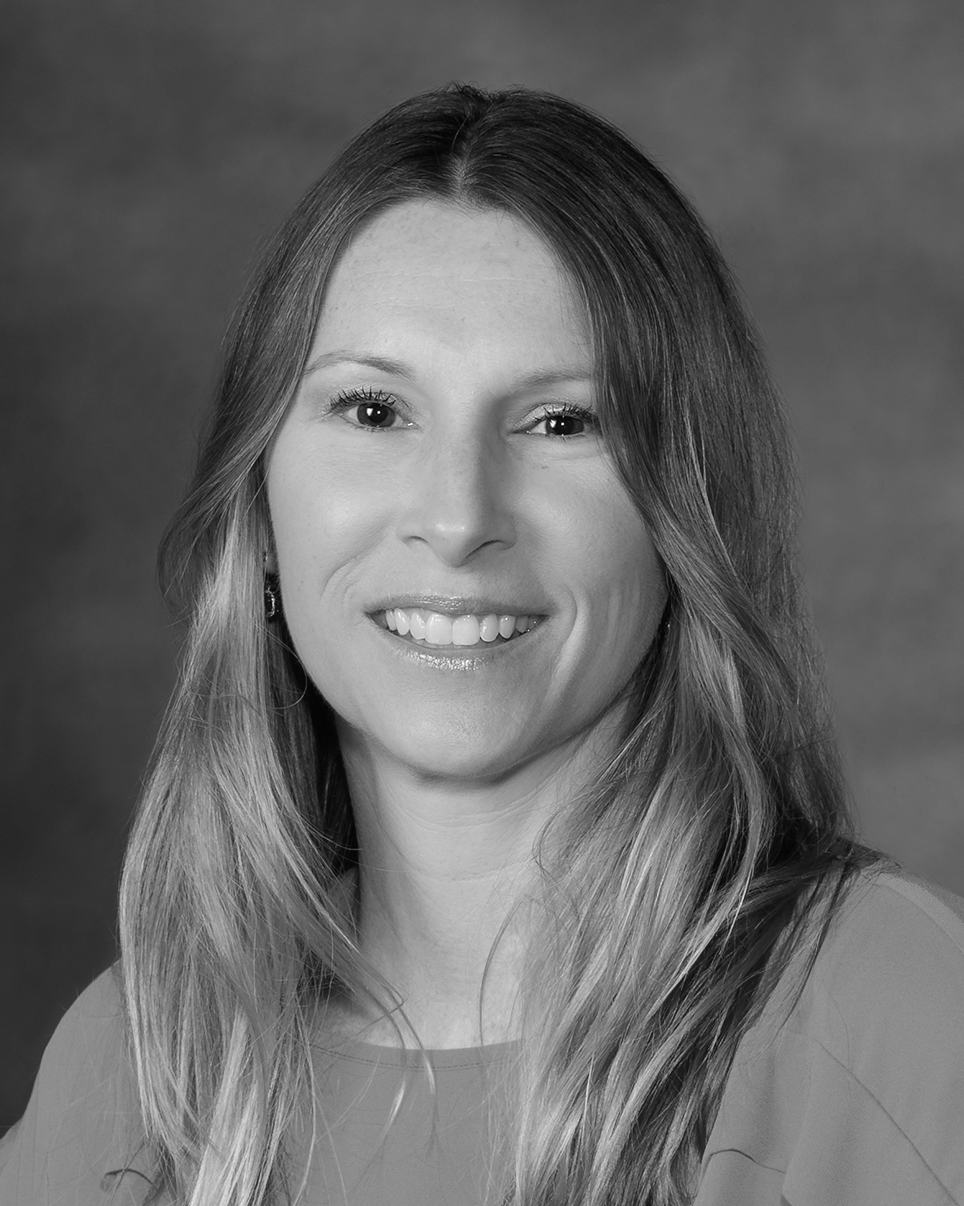
Before Amy Cook, Ph.D., was an assistant professor of criminal justice, she was a case manager for the Virginia Department of Juvenile Justice where she observed first-hand the devastating impact of sexual and domestic violence on Virginia’s youth. For years, Cook issued protective orders to parents who had abused their children. On a few occasions, she was tasked with reviewing the death of child whose death was caused at the hands of another family member.
Unsurprisingly, those experiences stayed with Cook, who makes a point of creating opportunities to increase students’ awareness of what she described as the “invisible problem” of sexual and domestic violence.
“Many of my students have never discussed the issues. They come from households in which the topic itself may have been taboo, so I try to give them a safe place to explore it,” said Cook.
“I feel a responsibility to make students aware of the prevalence of these concerns and to be a resource for themselves or others who may be experiencing violence and need help.”
To do this, Cook said she presents students with “an authentic learning experience that gives them a deeper understanding of the skills needed to address a complex public health issue like sexual or domestic violence”
Authentic learning experiences aren’t a conceit in Cook’s courses, learning through action is the hallmark of her approach.
Each October during Domestic Violence Awareness Month, students in Cook’s “CRJS 352: Crime and Delinquency Prevention,” collaborate with various organizations to stage “Silent Witness,” a poignant memorial that honors the lives of those killed as a result of domestic violence. The exhibit features life-size wooden silhouettes of Virginians—men, women and children—each painted red and bearing a golden shield with the details of the victim’s story. The installation represents one of a number of tactics to be employed by class members during the month,
Cook also likes to interject interactive games into her classes. The purpose of these games, which are based real-life scenarios that reflect the circumstances of campus life are designed to get students to think critically about issues of sexual misconduct.
In one such exercise, Cook asked her class to consider whether it would be wrong for a male student to share a provocative photo of a female student if the photo was provided voluntarily.
“Several of the students—male and female—responded that if a woman didn’t want the photo distributed, she would never have sent it,” said Cook.
“So I challenged them on it. What’s the difference between that rationale and the rationale of a perpetrator who says claims that what the victim was wearing encouraged the assault?”
That conversation produced precisely the kind of critical, discomfiting conversation that Cook said she’s become known for.
“I don’t think anyone starts from the position of ‘I’m pro-abuse’ or ‘I’m for the mistreatment of women,” said Cook.
“But we live in a society in which the overlapping myths about masculinity and patriarchy support a culture of violence that is rarely questioned. My classes are a small but crucial attempt to correct that.”
Christina Mancini
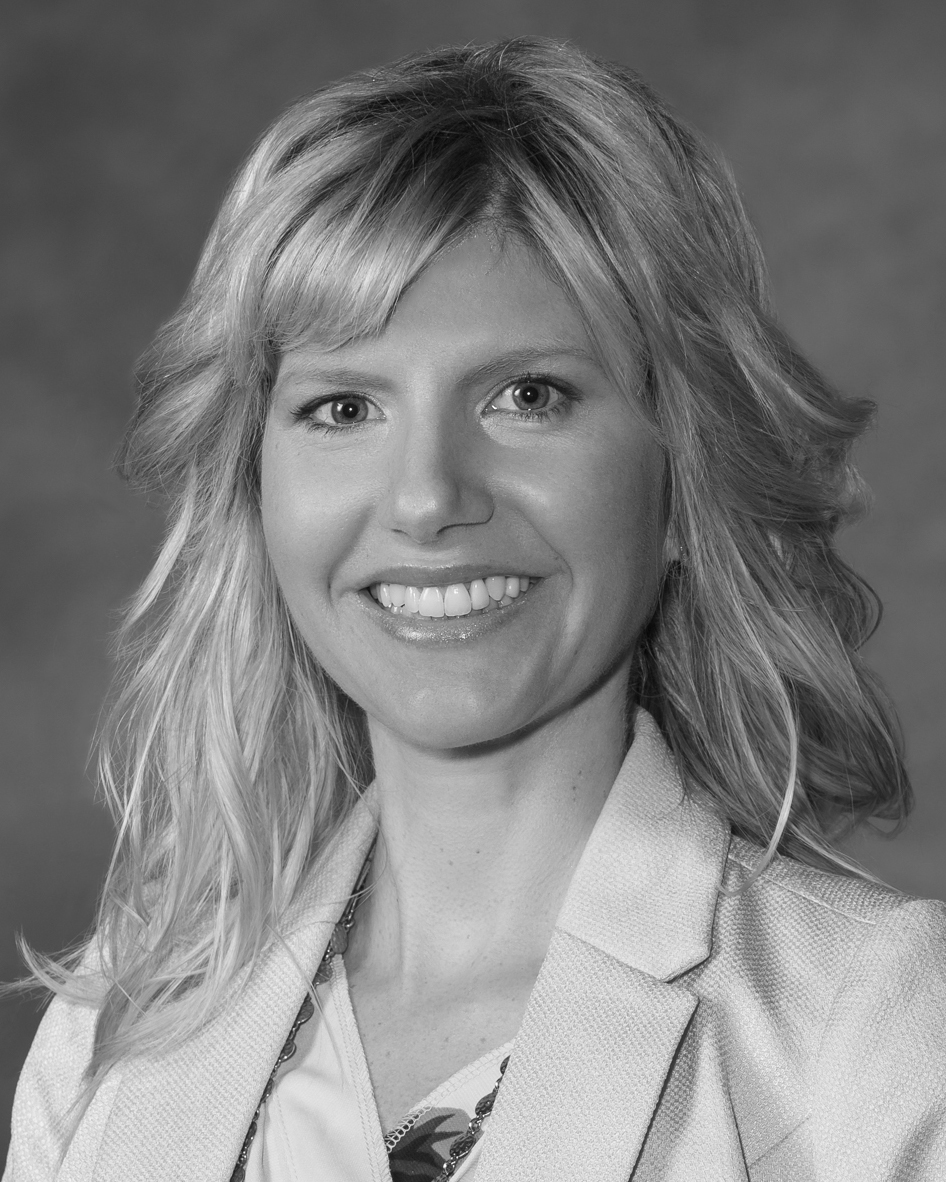
Christina Mancini, Ph.D., is an associate professor of criminal justice and the author of more than 30 studies on sex crime, victimization, public opinion and law. Her research centers on understanding the emergence and efficacy of contemporary crime laws, with an emphasis on criminal victimization. Mancini is a frequent commentator whose insights, particularly concerning campus safety and Title IX challenges, have been featured in national and local news outlets such as the Washington Post, National Public Radio (NPR), Knoxville News Sentinel, Style Weekly, Waco Tribune-Herald, Texas Tribune, and the Sun-Sentinel. She is also the author of two scholarly texts, “Sex Crime, Offenders, and Society: A Critical Look at Sexual Offending and Policy” and “Campus Crime and Safety
Mancini uses research as a tool in the arsenal against sexual assault driving improvement to policy responses wherever appropriate and challenging the public to think critically about sex crime by interrogating the myths and perceptions that encourage it.
She is currently at work on a revised edition of “Sex Crime and Society.” The new edition will include a chapter on campus sexual assault, the #Me Too movement and institutional offending concerns. Mancini is also a founding member of the Sexual Offense Policy Research (SOPR) Workgroup, an international organization dedicated to improving policy responses toward sexual offending and victimization.
Fatima M. Smith
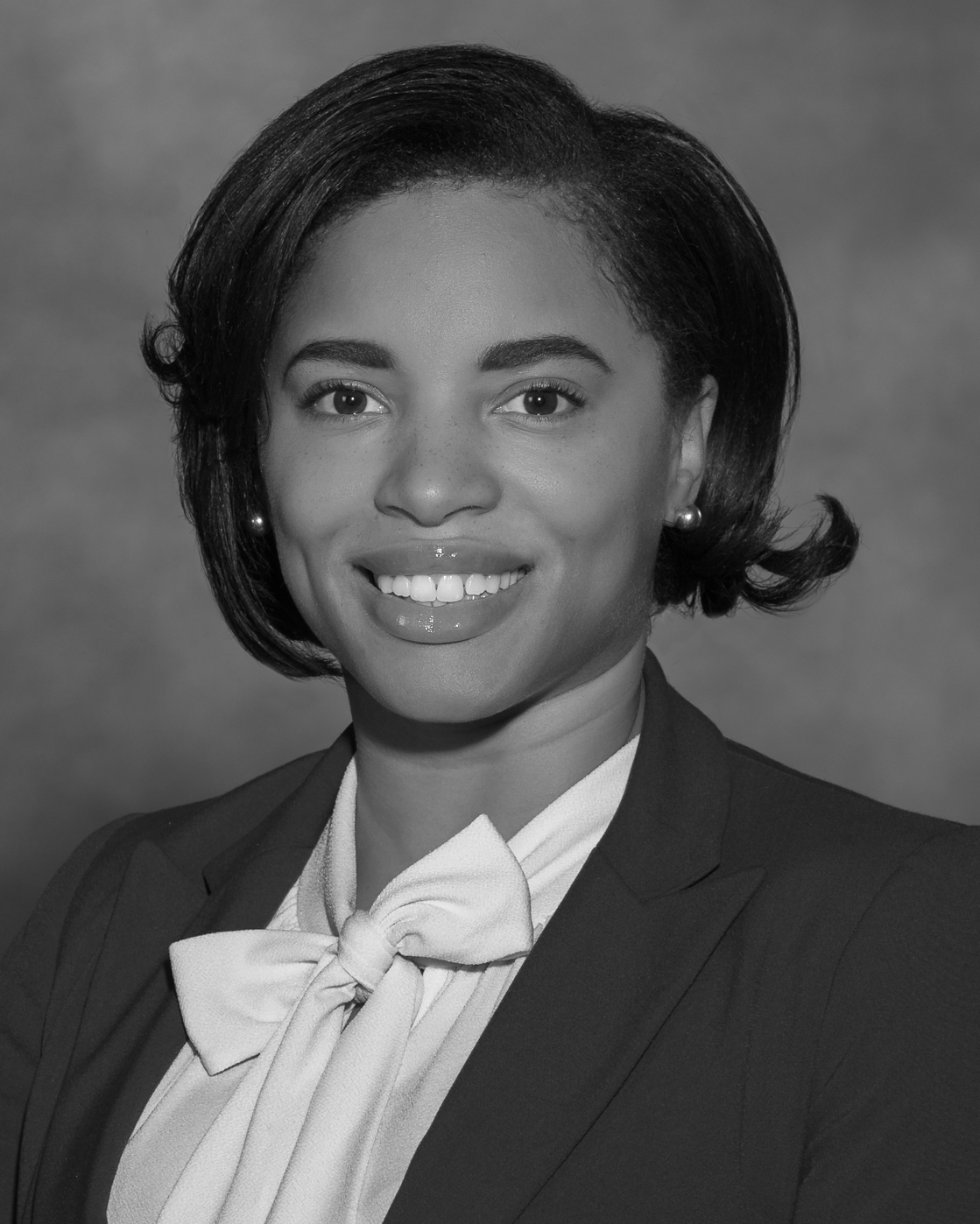
Fatima Smith is the associate director of Grace E. Harris Leadership Institute and a recognized leader in the movement to end sexual and intimate partner violence. Prior to joining the Wilder School, Smith was the assistant director of sexual and intimate partner violence, stalking and advocacy services at VCU where she was honored by the Richmond Times-Dispatch in 2016 as the “RTD Person of the Year.”
In her former role, Smith served as the university’s lead advocate and focused on the coordination of inclusive and comprehensive advocacy services, prevention programming and outreach education. She also worked as the assistant director of community outreach and public education at the Richmond YWCA. In that role, she facilitated presentations on agency services, provided awareness education and collaborated with schools to educate youth and young adults on healthy relationships.
Although Smith is lending her considerable talents in a different capacity these days, she remains a dedicated advocate. She is a sought-after speaker at Virginia colleges and universities and a paid instructor for the Virginia Action Alliance where she conducts annual training on racial justice and trauma-informed response. She is currently working with the alliance to develop a webinar that examines the impact of violence and disparities on pregnant women of color.
Smith is also a pro-bono consultant for the University of Richmond Family Law Clinic where she has volunteered since 2011. Every semester, she teaches a seminar to law students on how to interview clients who have experienced sexual or domestic violence. She also makes herself available to help law students frame their interview questions for survivors and locate resources when necessary.
“Wherever people ask me to be, I try to be,” said Smith.
“Helping victims understand that they are more than the terrible trauma that they have experienced will always be work that I am connected to.”
Tammi Slovinsky
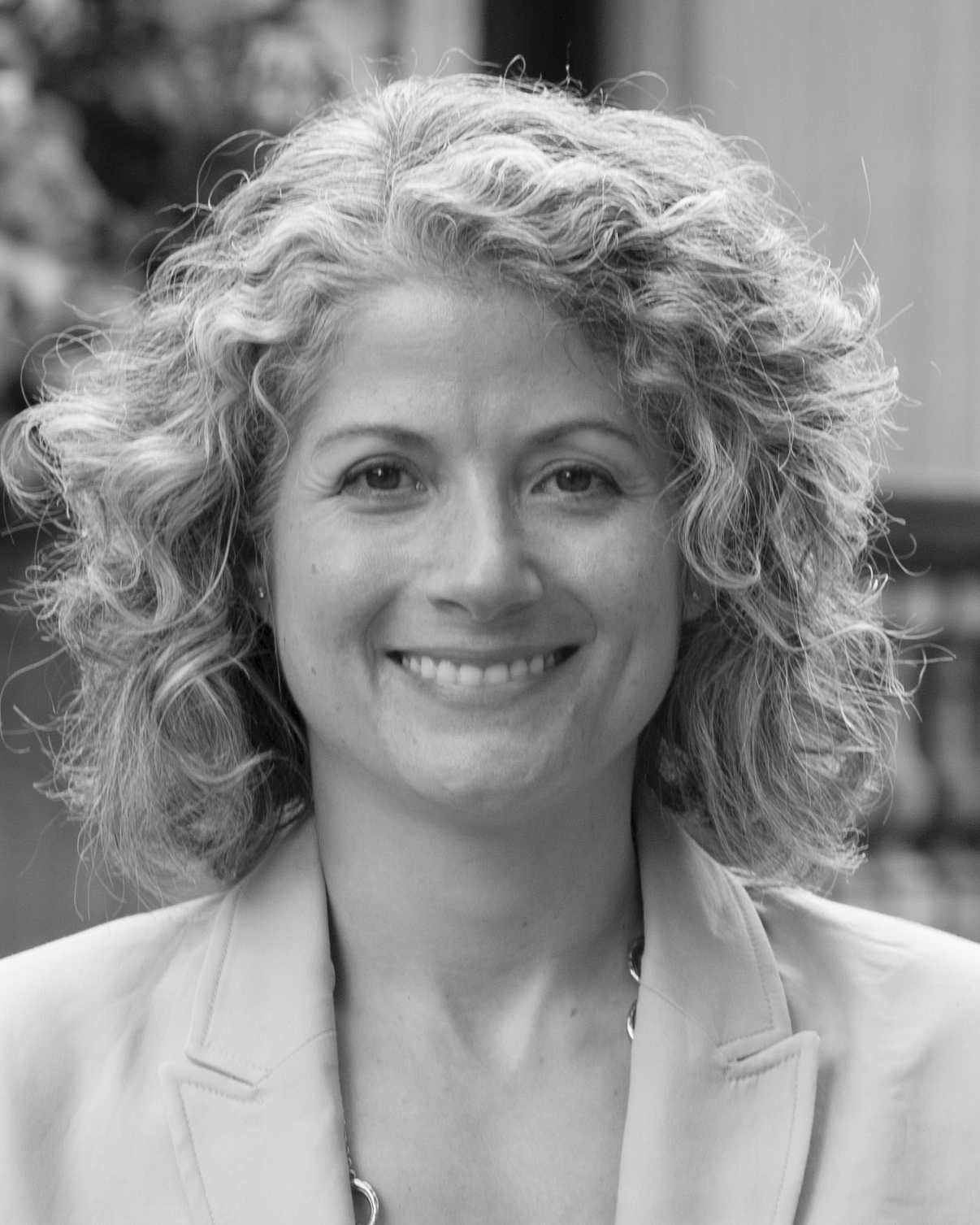
Tammi Slovinksy is a doctoral candidate whose research on prosecutors’ perceptions of campus sexual assault cases is informed by more than 25 years of experience in combating sexual and intimate partner violence among college-age students.
Slovinsky is the deputy Title IX coordinator for students. In this role, she receives reports relating to prohibited conduct under VCU’s Policy on Sexual Misconduct/Violence and Sex/Gender Discrimination and helps students by providing support, information and referrals.
She enrolled in the public policy and administration program in 2016. She recently completed the data collection phase of her dissertation which examines prosecutorial perceptions and decision-making in cases involving campus sexual assault. The study, based on 10 in depth interviews with Commonwealth's Attorneys explores the impact of policy requiring university notification to both the local jurisdiction’s law enforcement agency and prosecutors’ offices and transcript notation.
“Commonwealth's Attorneys are under-researched,” Slovinksy said of her decision to focus on prosecutorial discretion.
“As the gatekeepers to justice, they have a very important role within the criminal justice process that I think both the public and those involved in the process need to better understand. I am also hopeful that the results of the study will useful in guiding policy makers to improve practice and information sharing processes in both campus and criminal justice-prosecution systems.”